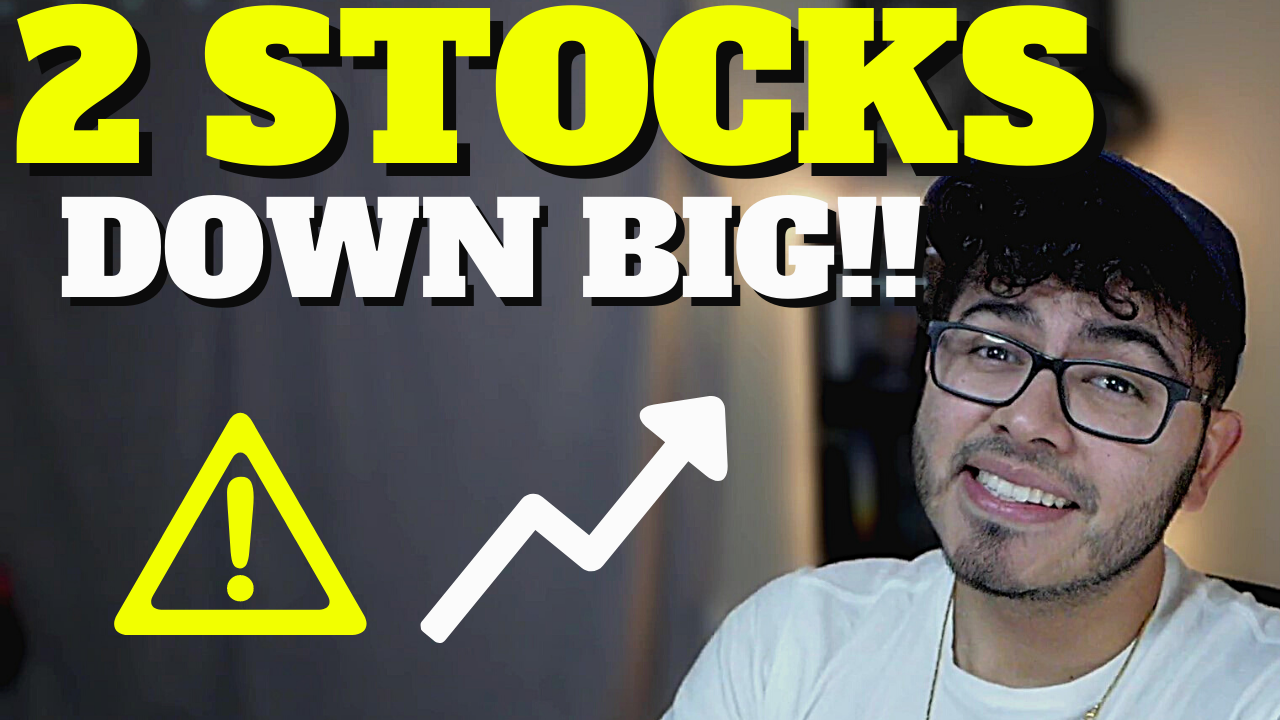DouYu International (DOYU +0.15%), one of the top video game and live streaming platforms in China, went public nearly a year ago at $11.50 per share. However, DouYu didn't dazzle investors as much as its rival Huya (HUYA +14.47%), which serves a larger e-sports audience.
DouYu's stock remains more than 20% below its IPO price, while Huya has rallied nearly 30% since its public debut. DouYu's latest first-quarter report also didn't bring back the bulls. Let's examine this oft-overlooked e-sports stock to see if it's still worth buying.

Image source: Getty Images.
How fast is DouYu growing?
DouYu's average monthly active users (MAUs) dipped 1% annually to 158.1 million in the first quarter. DouYu attributed that decline to a "traditionally slow season" and COVID-related closures of internet cafes reducing its total number of PC-based users.
However, DouYu's mobile MAUs grew 15% to 56.6 million as some of those users pivoted to its smartphone app. Its number of paying users also rose 26% to 7.6 million.
By comparison, Huya Live's MAUs rose 22% annually to 151.3 million in the first quarter as its mobile MAUs jumped 39% to 53.9 million and its number of paying users grew 13% to 5.4 million. Huya's audience is slightly smaller than DouYu's, but it serves more e-sports viewers than DouYu's more diversified platform.
DouYu's revenue surged 53% annually to 2.28 billion yuan ($321.1 million) during the quarter, beating estimates by $22.3 million. Its adjusted net income grew eight-fold to 296.9 million yuan ($41.9 million). On a GAAP basis, its net income also rose nearly 14 times to 254.5 million yuan ($35.9 million) -- allaying earlier concerns about its lack of profits.
Why are DouYu's margins expanding?
DouYu's gross margin expanded annually from 13.6% to 21.3%, thanks to its improved monetization efforts, lower streamer costs, and a more cost-efficient utilization of its bandwidth. It also broadcast more top-tier game content, developed more premium e-sports content, and deepened its collaborations with developers and streamers.
Government subsidies during the COVID-19 lockdown period also cut DouYu's sales and marketing expenses 13% annually. As a result, it posted an adjusted operating margin of 11.4%, compared to an operating loss a year earlier.
Both figures were higher than Huya's adjusted gross and operating margins of 20.3% and 9.4%, respectively, last quarter.
The "Twitches of China" will still share a duopoly
DouYu expects its revenue to rise 26% to 28.7% annually in the second quarter. That's slightly lower than Huya's forecast for 29.3% to 30.8% annual revenue growth in the comparable quarter, but indicates the two platforms will continue sharing a near-duopoly in China's game streaming market.
During DouYu's conference call, CEO Shaojie Chen stated that the company was "able to maintain our growth momentum in mobile MAUs as we continue to refine our platform operations." DouYu didn't provide any margins or earnings guidance, but it should remain profitable even as the government subsidies wear off.
There's also a slight chance Tencent (TCEHY 0.80%) -- which owns stakes in both companies -- will merge Huya with DouYu. Tencent already took control of Huya in April, and merging it with DouYu would enable the gaming giant to dominate China's e-sports streaming market.
But is DouYu still worth buying?
Analysts expect DouYu's revenue and earnings to rise 33% and 135%, respectively, this year, followed by 23% revenue growth and 45% earnings growth next year. Those are high growth rates for a stock that trades at just 18 times forward earnings.
Investors might be concerned about the recent Senate bill which threatens to delist U.S.-listed Chinese stocks, but Tencent's investment in DouYu is also a vote of confidence for the e-sports platform.
I believe DouYu's strengths outweigh the regulatory risks, and that its stock is undervalued below its IPO price. Both DouYu and Huya should continue to flourish as China's gaming and live streaming markets -- which are well-insulated from macro headwinds -- continue to expand.








